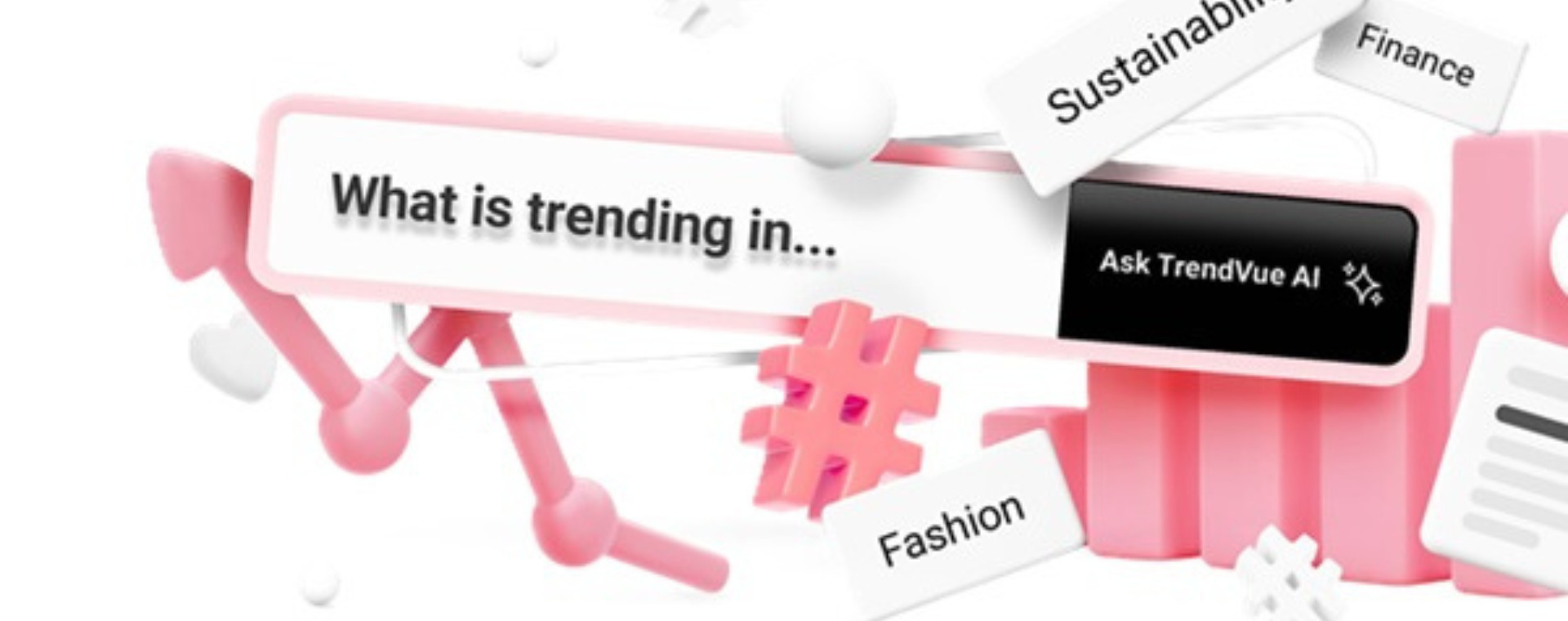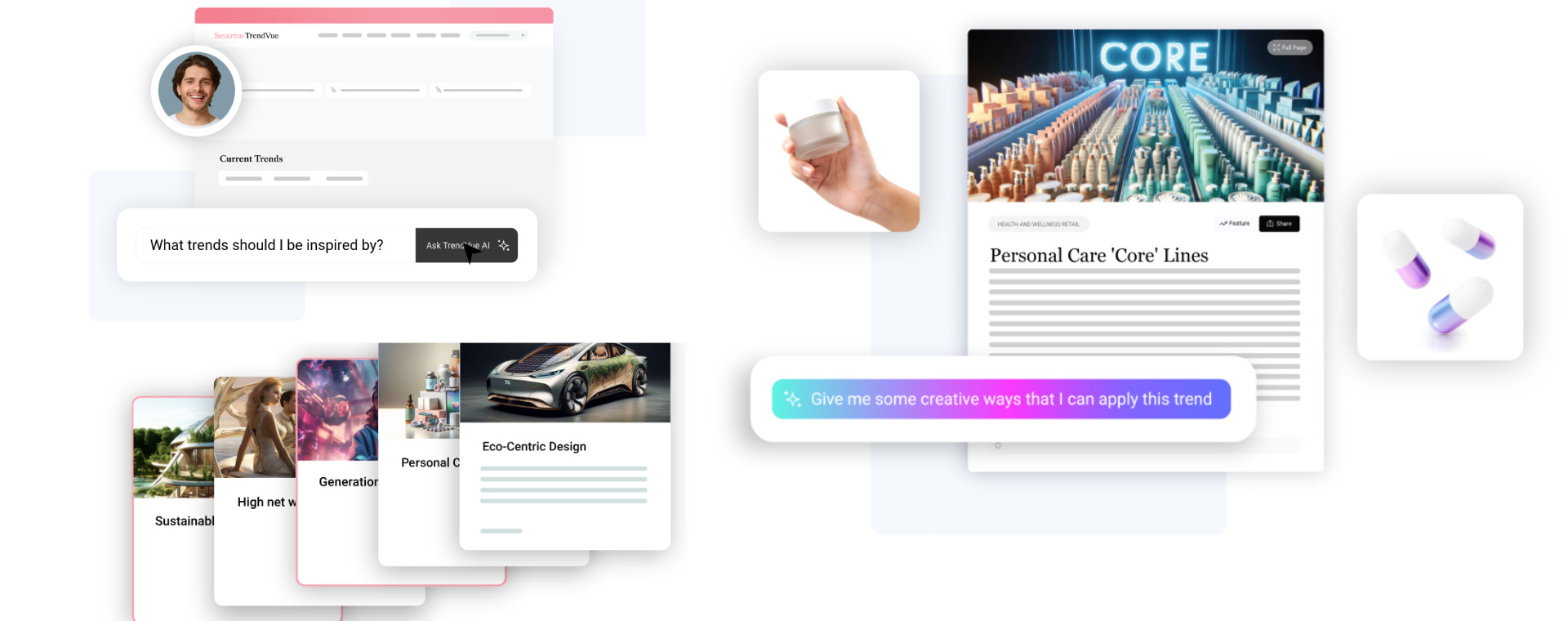

In today’s fast-paced and data-driven business landscape, decision-makers are seeking innovative tools to enhance their operating processes – and ChatGPT has opened a new door by providing a unique platform for businesses to tap into the power of artificial intelligence (AI).
The free and easily accessible nature of the model has led to its popularity skyrocketing – with over a billion users estimated; it has become the fastest-growing consumer application in history (Reuters, February 2023).
Surveying 1,000+ UK business decision-makers surveyed last month via our UK Business Tracker, almost three-quarters (72%) reported familiarity or usage. Of those who engage, usage is much higher with decision-makers in medium and large businesses (49%) compared to their smaller counterparts (26%).
The many immediate benefits
Among those who use ChatGPT, saving time / improved time management was cited as the top reason for usage (50%), and a third (36%) said they were using the model to cut costs (rising to 42% for larger businesses).
Despite wider worries about ChatGPT being used to cut corners and reduce employee headcount, there were no mentions of reducing existing staff numbers. However, it appears that the cut will be experienced by freelancers and copywriters – due to reduced requirements to hire additional resources.
At the same time, whilst not front of mind when asked directly, three in five (35%) said they are trying to make the most of ChatGPT and reduce their staff numbers (55% in larger businesses), suggesting that whilst layoffs may not be the immediate next step, it might be a long-term intention.
- ‘I’m a sole trader so using ChatGPT saves the cost of having to hire someone to write quick copy for emails, blogs, pitch proposals.’ –Small business owner, design industry
- ‘I am able to consult with ChatGPT in a way that would save me from using paid resources to get the same/ similar information. –Small business owner, retail industry
Contrasting views amongst business types
Smaller businesses are taking longer to embrace ChatGPT, as more than half (56%) of those aware of the model have not introduced it to their staff – or have actively discouraged usage (15%). In comparison, a majority of medium and large businesses (68%) have introduced ChatGPT or are actively encouraging staff to use the model.
This could be driven by larger businesses’ agreement with the notion that ChatGPT is a useful tool (68% vs 43% of small businesses) and that there are more advantages than disadvantages to the model (70% vs 44% of small businesses).
In light of this, 3 in 5 medium and large businesses say that they will increase their use of ChatGPT and other AI chatbots in the next 12 months (65% vs 40% of small businesses) – with the majority preferring ChatGPT over other models (70%).
Small businesses resist AI for various reasons, including limited awareness of its capabilities, the lack of customization in general-purpose models like ChatGPT, and the potential absence of benefits for their unique operations. Some small businesses may not see the value in investing time, effort, and technical expertise to integrate AI models that may not yield a worthwhile return on investment. Industries like software development and marketing have already benefited from AI, while others have yet to find a use for it. Small businesses often take pride in offering personalized services or running unique operations that cannot be replicated by AI, suggesting that AI may not have a place in this market share yet.
Changing the game
To speak candidly – it is quite exciting, watching the AI space develop and seeing it evolve the way business is done.
This particular blog was aided by ChatGPT – from research of the topic at hand, to design, and now – during writing. Is AI useful to me? Immensely! Would I say that there are more advantages than disadvantages to the use of AI? I can neither agree nor disagree. The upside of ChatGPT is about as steep as the downside. Looking at productivity, time-saving, accuracy and even learnings that businesses can gain from this model, it is brilliant. However, the dark side of AI brings concern surrounding language bias, plagiarism, and the real-world reality of layoffs, not to mention privacy and data security concerns.
Lastly, after asking ChatGPT itself what the issues with using it were, I received the following answer… food for thought for businesses who are increasingly looking to use ChatGPT and perhaps at the expense of utilising human-based inputs.
‘Dependence and Human Judgment: Relying solely on AI systems like ChatGPT for decision-making can pose risks. While AI models can provide valuable insights, human judgment and critical thinking remain essential. Overreliance on AI without appropriate human oversight and validation can lead to errors, lack of accountability, or the abdication of ethical responsibilities. It is crucial to strike the right balance between AI-driven recommendations and human judgment to ensure the best outcomes.’
If you’d like to talk to us about our Business Tracker or our work in the B2B space, get in touch with our team at [email protected].
Savanta’s Business Tracker
Our monthly Business Tracker monitors the recovery, resilience and adaption of UK businesses.
It’s an ideal solution if you need to understand the latest pressures and challenges impacting UK businesses (tracked on a regular basis); or if you have a couple of quick questions you need answered, our monthly tracker provides a timely and cost-effective solution!
Further reading
- ChatGPT: here to help or steal your job?
- The power of social media in B2B marketing
- ESG: where will the push for progress come from?








